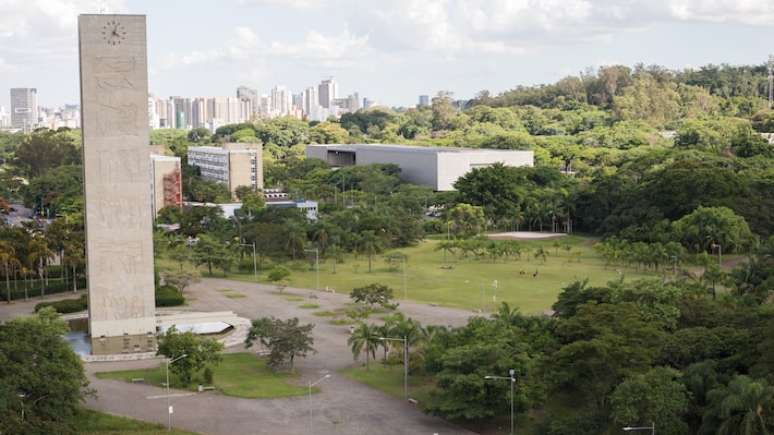After passing the Production Engineering course as a contingent student, he did not enter the university because, according to the jury, he did not have criteria that classified him as mixed race
The Court of São Paulo granted this Monday the 11th an injunction determining the enrollment of another self-declared brown student in the University of Sao Paulo (USP). He registered for the entrance exam via PPI vacancy booking (Black, Brown, Indigenous) and has been approved for the Manufacturing Engineering course. His entry, however, was denied by USP’s straight identification committee, which did not recognize him as mixed race.
The Racial Analysis Committee’s assessments have been the subject of controversy in recent weeks, following two other cases in which the institution denied enrollment to similarly qualified applicants. Both of them approached the court and one of them even got a court order to join the USP.
On the one hand, defenders of the panel model – including the USP canon – argue that the model aims to prevent fraud arising from entry solely through racial self-declaration, as happened at the beginning of the massive adoption of quotas throughout the country ten years ago. Critics see the risk of injustice and point out that the commissions function as “race courts”.
The new decision is provisional and was signed by judge Marcio Ferraz Nunes, of the XVI Public Finance Court of São Paulo. He says that the young man was prevented from taking the entrance exam to Fuvest because the majority of the members of the Inclusion and Belonging Council considered that the young man did not possess the necessary requirements to “enjoy the right to the place reserved for the PP group (Black and Brown)”.
The boy’s defense presented the court with the birth certificate of the student’s father, who in 1957 was registered as a person of mixed race. The document was used by the judge to justify the injunction in favor of the candidate’s defense.
“Therefore, I grant the injunction that, until the final decision in these cases, it is established that the requested party (the USP) proceed to reactivate the appellant’s registration,” the judge wrote.
According to the USP criteria, the analysis is not based on the candidate’s ancestry, but on his phenotype (physical characteristics). The Federal Supreme Court (STF), in 2017, defined that the aspects of black and brown people that must be considered by commissions in competitions and selection processes are:
- Hair texture (kinky or curly);
- Wide nose;
- Skin color (brown or black);
- Thick, brown lips
The decision establishes that the USP guarantees young people participation in lessons, access to educational systems “and access to all the benefits granted to regularly enrolled students”.
The report asked USP for comment on the injunction, but did not receive a response as of this publication. OR Estadao it also did not identify the student’s defense.
The rectory promises to improve the system with in-person evaluations
The new case is similar to that of the student Glauco Dalalio do Livramento17 years old, approved by law at USP, but who was also denied entry because the straight identification committee declared that he did not meet the requirements to be considered mixed race, as the young man self-declared.
The student was described by evaluators as having “fair skin, sharp mouth and lips, straight hair” after a virtual, remote meeting with the candidate. Glauco’s defense claimed that the student had not been properly assessed by the straight identification committee and took legal action.
Last Monday, the 4th, Judge Randolfo Ferraz de Campos, of the XIV Public Finance Court of São Paulo, granted the defense’s request and granted an injunction in favor of the studentordering USP to reinstate the youth’s registration.
The principal of USP, Carlos Gilberto Carlotti Junior has declared that he intends to change the hetero-identification system of candidates for vacancies based on the institution’s racial quota, interviewing candidates only in person to avoid bias
Carlotti expects that all interviews with candidates for racial quota vacancies will take place in person and no longer virtually as is the case today. He also plans to pay for tickets for candidates who live far from Sao Paulo.
Source: Terra
Rose James is a Gossipify movie and series reviewer known for her in-depth analysis and unique perspective on the latest releases. With a background in film studies, she provides engaging and informative reviews, and keeps readers up to date with industry trends and emerging talents.







